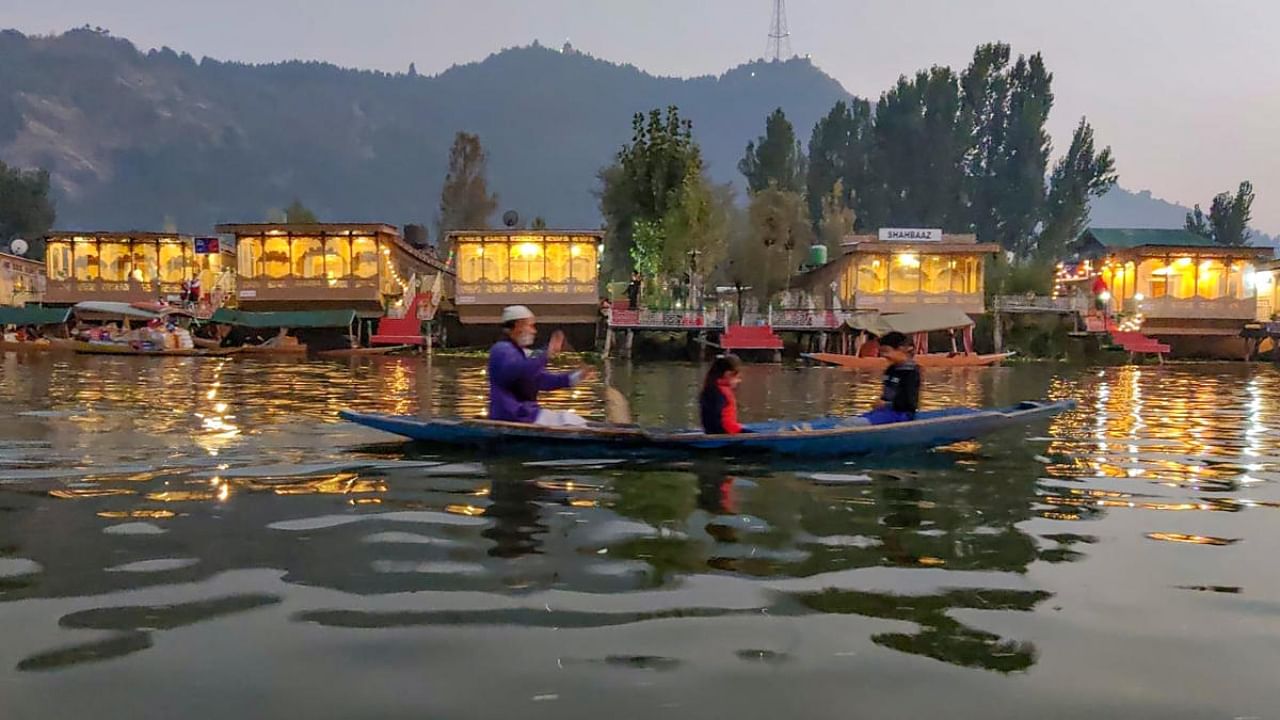
The controversial final electoral rolls of Jammu and Kashmir was published on Friday with over seven lakh new voters added to the list taking the total number of electorates in the Union Territory (UT) to 83,59,771.
Officials said that a five-month long exercise of revision of electoral rolls was completed with a net increase of 7,72,872 electors in the final electoral rolls, ie a 10.19 per cent net increase of the registered electors over the draft roll was recorded.
The final electoral rolls have a total of 83,59,771 electors, out of which 42,91,687 are male, 40,67,900 are females and 184 are third gender. The elector population ratio has increased from 0.52 to 0.58 during this SSR. The gender ratio of the final rolls has increased from 921 to 948.
The release of the electoral roll paves way for holding Assembly polls in the Union Territory, first ever since Article 370 provisions were abrogated and Jammu and Kashmir were bifurcated into Union territories in 2019.
Jammu and Kashmir had 76 lakh voters when the last Summary Revision was undertaken in 2018. On August 17, Union Territory’s then Chief Election Officer (CEO) Hirdesh Kumar had announced that non-locals living ordinarily in J&K can vote in the upcoming Assembly elections.
He had stated that around 25 lakh additional voters, including outsiders, were likely to be added after the special summary revision of electoral rolls. Following the uproar by the opposition parties, the administration clarified that the revision of electoral rolls will cover existing residents of J&K and the increase in numbers will come from the voters who have attained the age of 18 years as of October 1, 2022, or earlier.
Last month, Jammu's district magistrate was forced to withdraw a controversial order in which she had asked officials to register non-locals as voters even if they had no documentary proof.
The exercise had been undertaken after completion of Delimitation Commission report in Jammu and Kashmir in which the panel increased assembly constituencies in Hindu majority Jammu region, the stronghold of ruling BJP, from 37 to 43, while in Muslim majority Kashmir the seats have gone from 46 to 47.
Though publication of final electoral rolls is mandatory before conduct of Assembly elections, there are no chances of polls till next April as the harsh winter season has already set-in and will last till March.